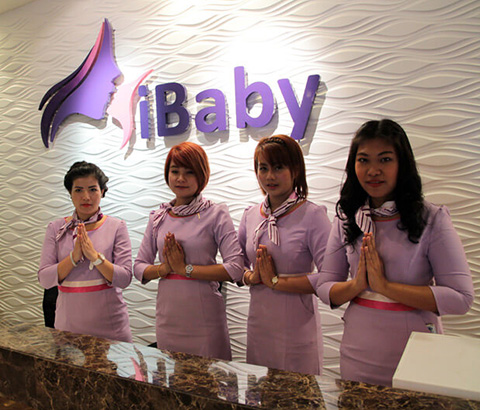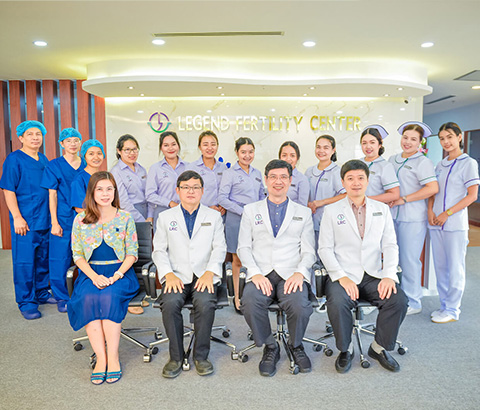IntroductionSurrogacy has become an increasingly popular option for couples struggling with infertility. Thailand has emerged as one of the leading de
IntroductionSurrogacy has become an increasingly popular option for couples struggling with infertility. Thailand has emerged as one of the leading destinations for international surrogacy, offering a range of services and a supportive legal framework. However, it is crucial for intended parents to have a clear understanding of the process and potential challenges. In this article, we will address some of the key questions about Thailand surrogacy.
1. What is Thailand surrogacy?Thailand surrogacy refers to the process of using a gestational surrogate, commonly known as a surrogate mother, to carry and give birth to a child on behalf of intended parents. This method allows couples who are unable to conceive or carry a pregnancy to have a biological child.

2. Is Thailand surrogacy legal?Thailand was once a popular destination for surrogacy, but in 2015, the Thai government implemented stricter regulations. Commercial surrogacy, where the surrogate receives financial compensation beyond medical expenses, is now prohibited. However, altruistic surrogacy, where the surrogate receives only reasonable expenses, is still allowed.
3. How does the surrogacy process work in Thailand?The surrogacy process in Thailand usually involves several steps. First, the intended parents choose a surrogacy agency and a suitable surrogate. Then, legal agreements are drafted to protect all parties involved. In vitro fertilization (IVF) is conducted, and the embryos are transferred to the surrogate's uterus. Throughout the pregnancy, the surrogate receives medical care and support. After the birth, legal procedures are followed to establish the intended parents as the legal parents of the child.
4. What are the advantages of Thailand surrogacy?Thailand offers several advantages for couples considering surrogacy. Firstly, the country has highly experienced fertility clinics and medical professionals who adhere to strict medical standards. Secondly, the cost of surrogacy in Thailand is relatively lower compared to some other countries. Lastly, the country has a warm and welcoming culture, making it an attractive destination for intended parents.
5. What are the potential challenges of Thailand surrogacy?While Thailand has its advantages, there are also potential challenges to consider. The legal restrictions on commercial surrogacy mean that intended parents must carefully navigate the legal process. Additionally, the language barrier may pose a challenge, as not all medical professionals may be fluent in English. It is essential for intended parents to work with a reputable surrogacy agency that can provide guidance and support throughout the process.

ConclusionThailand surrogacy offers hope to couples struggling with infertility, providing them with the opportunity to have a biological child. Although the legal landscape has changed, altruistic surrogacy is still a viable option. By understanding the process and potential challenges, intended parents can make informed decisions and embark on their surrogacy journey with confidence.
Remember, if you have any questions or need further information about Thailand surrogacy, feel free to reach out to our professional team at 400-8220-890 or visit our official website www.hxuq.cn.
Note: This article is intended for informational purposes only and should not be considered as legal or medical advice. It is always recommended to consult with a qualified professional before making any decisions related to surrogacy.





















 試管微信
試管微信
